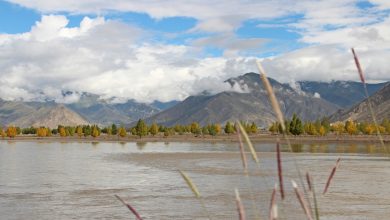Manchester resilience experts receive £4.2 million grant to aid in creating a safer global community

Manchester’s boffins are on a mission to tackle some of the UK’s toughest resilience and security issues. With a hefty £4.2 million funding boost from UK Research and Innovation’s building a secure and resilient world strategic theme, the University team will spearhead a Research and Coordination Hub in addressing urgent risks and threats, both online and in the real world.
Under the leadership of Dr Richard Kirkham, Deputy Director of the Thomas Ashton Institute for Risk and Regulatory Research at The University of Manchester, the project known as SALIENT (Secure And ResiLIENT) will bring together Manchester academics with partners from the universities of Bath, Exeter and Sussex, to drive research and innovation in support of the UK’s national security and resilience.
SALIENT will embark on interdisciplinary research to tackle some of the UK’s trickiest security issues. Their focus will be on secure supply chains, global order in a time of flux, security and defence technologies, behavioural and cultural resilience, and bolstering resilience in our natural and built environments.
This bold five-year investment, following a fiercely competitive selection process, will allow the SALIENT team to forge strong connections across a wide range of stakeholders in central and local government, devolved administrations and crucially, the public.
Dr Kirkham remarked: “Our approach will foster a culture of true interdisciplinarity, co-production and citizen engagement, ensuring that our research is relevant, timely and offers value for money.”
Professor Duncan Shaw, of Operational Research and Critical Systems at The University of Manchester, chimed in: “Boosting the resilience of systems and society is a monumental goal, one that has tested the UK for years. SALIENT brings together an impressive multidisciplinary team that we will expand with policy and practice experts. Together, we will embark on an exciting mission to enhance resilience domestically and draw lessons of global importance.”




